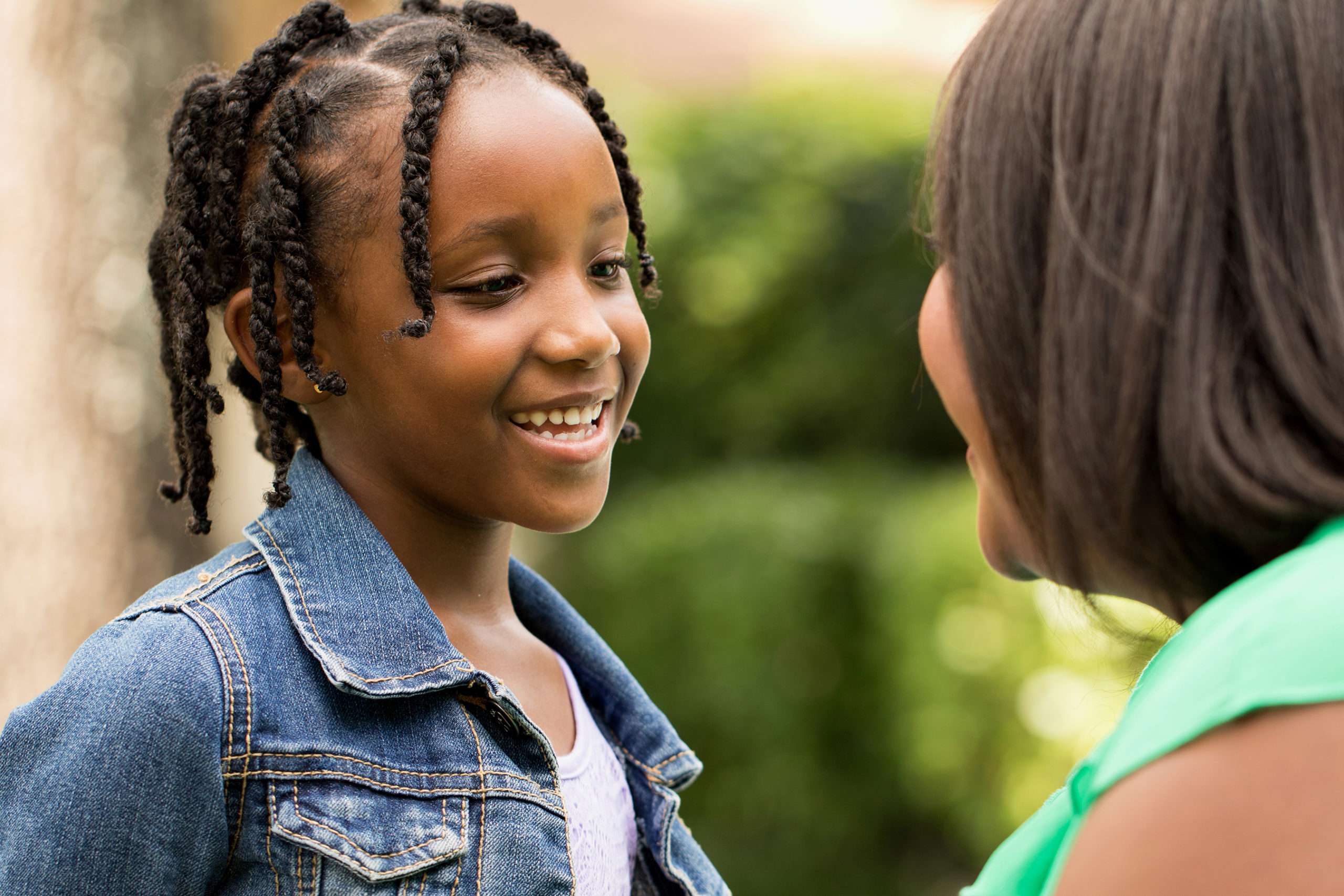Throughout our days we are constantly exposed to media that informs and, in some cases, frightens us with information about the Coronavirus. Our children are also exposed to information about the Coronavirus on various media outlets to include Snapchat, Instagram and even Tik Tok. If your child has questions, and in many instances even if they do not, it might be helpful to talk with them about the virus and how to protect themselves as well as others.
- Be open and honest about the coronavirus. As previously mentioned, many of our children are exposed to media on a daily basis and are already aware of the virus. Not talking about it may actually worsen matters as their thoughts may spiral and become out of control. Be honest about your knowledge and remember the goal is to help the child feel informed and comfortable through this process.
- Tailor your information to your child. You know your child the best. Be mindful when communicating that you’re sharing information that is appropriate to their developmental level. Encourage the use of questions and respond in a clear and honest manner. Lastly, it is ok to say, “I don’t know but I will try to find the information”. Not all of their questions will be possible to answer.
- Acknowledge their feelings. Ask your child how they are feeling and encourage them to talk about their experience. Validate their feelings and communicate your understanding of their response to the situation.
- Focus on what you can do to stay safe.
- Wash your hands often with soap and water for at least 20 seconds. If it helps, sing the ABC’s or two verses of Happy Birthday while you wash.
- Wash after using the bathroom or being in public spaces (e.g. on the bus or at the playground).
- Sneeze into a tissue and then immediately discard it in the trash.
- Try to avoid touching your face because these are the areas that germs enter our bodies.
- Maintain a healthy distance from others.
- Reassure your children. Reassure your children that if you or anyone else gets sick that you can contact their doctors and ask for help.
- Lastly and to the extent possible, discuss the importance of sticking to a routine. Remind your children that structure and routine are helpful in keeping us all happy and healthy. Even though schools are closed, children should still get up at a reasonable time, shower, eat breakfast, and get dressed as if they were going to school. The remainder of the day should also remain consistent with time spent learning, exercising, spending quality time with family members, and bedtime.


